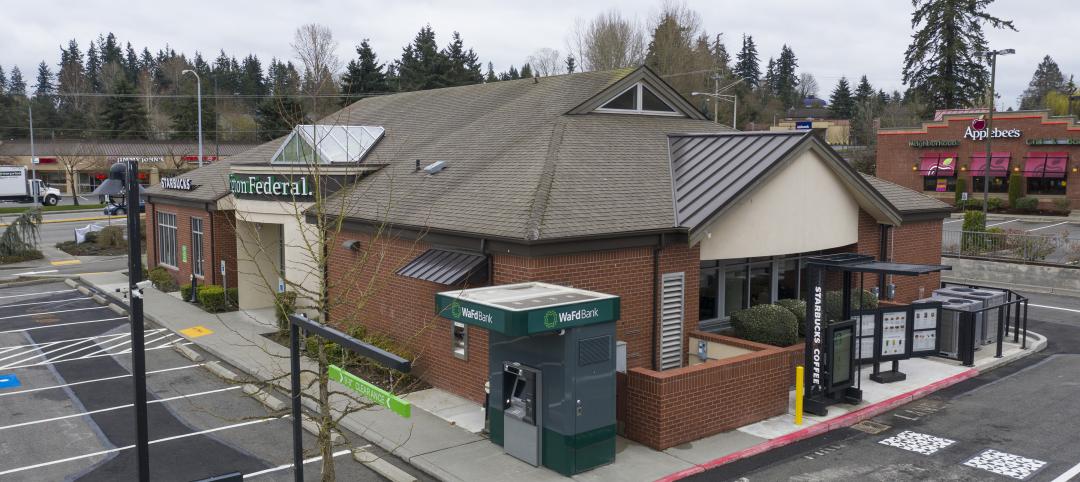The most resilient cities in the world, including six in the U.S., have attributes that would enable them to recover better than others from devastating natural disasters.
A report by Grosvenor examined 50 major cities around the world and ranked them on their vulnerability and adaptive capacity in terms of their infrastructure, community, resources, environment, and climate.
Two-thirds of people will live in urban areas by 2050, according to U.N. estimates, so city planners face daunting challenges to cope with the impact of climate change and population growth. The top three resilient cities are Canadian (Toronto, Vancouver, Calgary), and six of the top 10 are from the U.S., led by Chicago and Pittsburgh.
The report examines five categories of vulnerability: climate, environment, resources, infrastructure, and community. The five categories of adaptability include governance, institutions, technical capacity, planning systems, and funding structures.
“Resources,” encompasses a city’s access to energy, food, and water. “Funding structures” covers the ability to borrow and tap into national and international money.
“The strong U.S. ranking is due to adaptive capacity, where resources, public accountability of elected officials, and the technology of the U.S. are dominating factors,” the report says. “This suggests that U.S. cities will continue to see a pattern of effective public intervention, but often only after a major shock has occurred.”“The least resilient cities are the ones facing the greatest pressure to grow,” the report says. “High rates of population growth, while beneficial to production and culture in the long term, are likely to challenge improved adaptive capacity in the short term.”
(http://www.fastcoexist.com/3029442/the-10-most-resilient-cities-in-the-world)
Related Stories
Codes and Standards | Apr 23, 2020
COVID-19 epidemic demonstrates value of flexible hospital space
Some rooms being repurposed for ICU care.
Codes and Standards | Apr 15, 2020
Embodied carbon footprint can be reduced by using conventional materials
High-SCM concrete, and cellulose and wood fiber insulation among the greener alternatives.
Coronavirus | Apr 13, 2020
COVID-19 alert: City conducts a 'virtual building inspection' to allow Starbucks and bank to open
Bothell, Wash., issues a certificate of occupancy to developer after inspecting the property online.
Codes and Standards | Apr 13, 2020
Design competition focuses on reducing urban heat island effect
Cool Abu Dhabi aims to transform urban life in the Middle East.
Codes and Standards | Apr 13, 2020
What building science says about reducing COVID-19 transmission
Impact of temperature and relative humidity is unclear.
Codes and Standards | Apr 9, 2020
Owners retrofitting properties, monitoring performance during epidemic
Covid-19 outbreak may lead employers to reevaluate office commitments.
Codes and Standards | Apr 7, 2020
Dept. of Labor publishes guidance on paid sick leave, expanded family and medical leave
Includes fact sheets for employees, employers, and a questions and answers document.
Codes and Standards | Apr 1, 2020
Standards and codes meetings halted, postponed
ASTM International cancels in-person standards meetings; DOE’s National Energy Codes Conference postponed.
Codes and Standards | Mar 26, 2020
Ransomware attack on Canadian contractor underscores need for cybersecurity
Victimized company Bird Construction has defense, law enforcement contracts.
Codes and Standards | Mar 23, 2020
Contractors should scrutinize contracts carefully amid Covid-19 crisis
Compliance with time-sensitive notice requirements and careful documentation required.

















